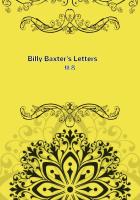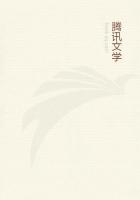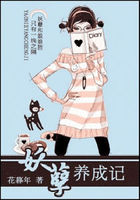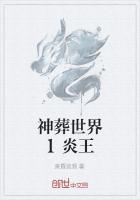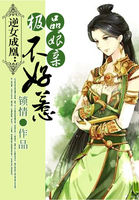The men laughed and shrugged their shoulders. But Vrouw Prinsloo, I remember, said outright that she thought the business foolish, since if anyone had a right to Marie, I had, wherever I chose to take her. She added that, as for Hernan Pereira, he was a "sneak and a stinkcat," who had gone off to save his own life, and left them all to die. If _she_ were Marie, should they meet again, she would greet him with a pailful of dirty water in the face, as she herself meant to do if she got the chance.
Vrouw Prinsloo, it will be observed, was a very outspoken woman and, I may add, an honest one.
So this contract was settled. I have set it out at length because of its importance in our story. But now I wish--ah! how I wish that I had insisted upon being married to Marie then and there. If I had done so, I think I should have carried my point, for I was the "master of many legions" in the shape of cattle, food and ammunition, and rather than risk a quarrel with me, the other Boers would have forced Marais to give way. But we were young and inexperienced; also it was fated otherwise.
Who can question the decrees of Fate written immutably, perhaps long before we were born, in the everlasting book of human destinies?
Yet, when I had shaken off my first fears and doubts, my lot and Marie's were very happy, a perfect paradise, indeed, compared with what we had gone through during that bitter time of silence and separation. At any rate, we were acknowledged to be affianced by the little society in which we lived, including her father, and allowed to be as much alone together as we liked. This meant that we met at dawn only to separate at nightfall, for, having little or no artificial light, we went to rest with the sun, or shortly after it. Sweet, indeed, was that companionship of perfect trust and love; so sweet, that even after all these years I do not care to dwell upon the holy memory of those blessed months.
So soon as the surviving Boers began to recover by the help of my stores and medicines and the meat which I shot in plenty, of course great discussions arose as to our future plans. First it was suggested that we should trek to Lorenzo Marquez, and wait for a ship there to take us down to Natal, for none of them would hear of returning beggared to the Cape to tell the story of their failure and dreadful bereavements. I pointed out, however, that no ship might come for a long while, perhaps for one or two years, and that Lorenzo Marquez and its neighborhood seemed to be a poisonous place to live in!
The next idea was that we should stop where we were, one which I rather welcomed, as I should have been glad to abide in peace with Marie until the six months of probation had gone by.
However, in the end this was rejected for many good reasons. Thus half a score of white people, of whom four were members of a single family, were certainly not strong enough to form a settlement, especially as the surrounding natives might become actively hostile at any moment. Again, the worst fever season was approaching, in which we should very possibly all be carried off. Further, we had no breeding cattle or horses, which would not live in this veld, and only the ammunition and goods that I had brought with me.
So it was clear that but one thing remained to be done, namely, to trek back to what is now the Transvaal territory, or, better still, to Natal, for this route would enable us to avoid the worst of the mountains.
There we might join some other party of the emigrant Boers--for choice, that of Retief, of whose arrival over the Drakensberg I was able to tell them.
That point settled, we made our preparations. To begin with, I had only enough oxen for two wagons, whereas, even if we abandoned the rest of them, we must take at least four. Therefore, through my Kaffirs, I opened negotiations with the surrounding natives, who, when they heard that I was not a Boer and was prepared to pay for what I bought, soon expressed a willingness to trade. Indeed, very shortly we had quite a market established, to which cattle were brought that I bargained for and purchased, giving cloth, knives, hoes, and the usual Kaffir goods in payment for the same.

